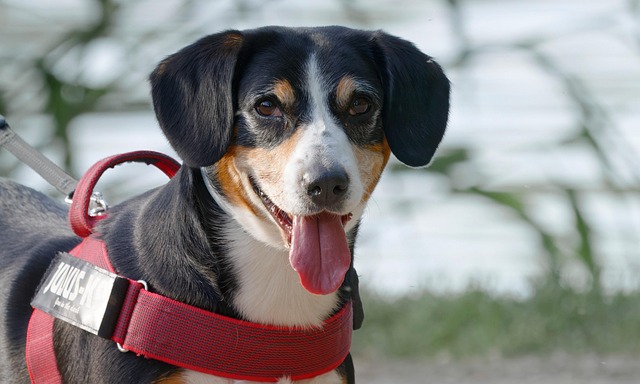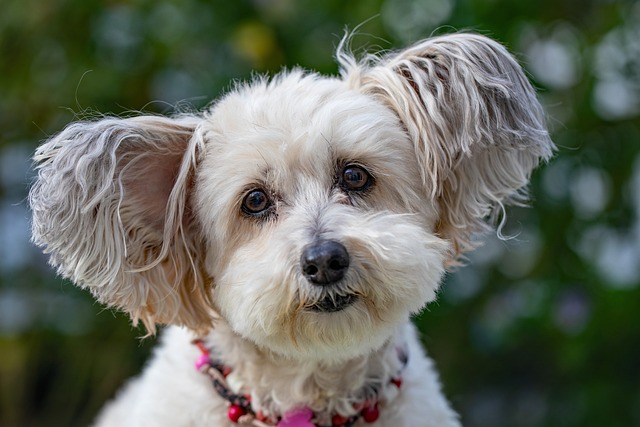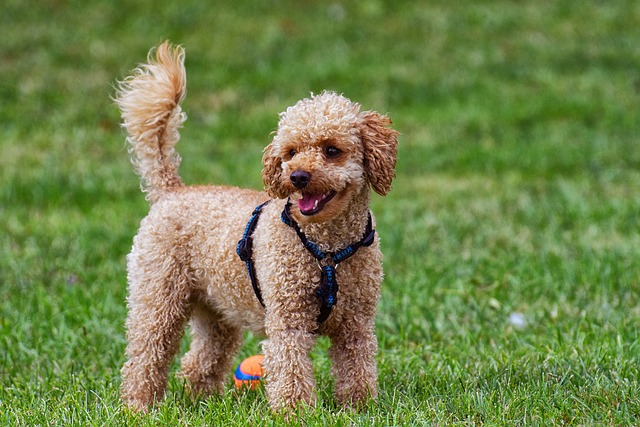
Is it dangerous for a dog to have respiratory disease?
Respiratory issues in dogs can range from mild sneezing fits after sniffing dusty grass to severe, life - threatening infections—and knowing the difference is key for every pet owner.
Noticing your dog cough, wheeze, or struggle to catch their breath is terrifying—but acting fast can make all the difference for their recovery. Many pup parents first spot symptoms during morning walks, when their usually energetic dog lags behind or stops to hack repeatedly, or at night, when quiet snoring turns into labored breathing. These signs aren’t just minor nuisances; they could signal a respiratory disease that needs prompt care.
First, never skip a vet visit—this isn’t a problem you can fix with home remedies alone. Vets will run tests to pinpoint the cause, whether it’s kennel cough, pneumonia, or allergies triggering airway irritation. In some regions, certain respiratory viruses are more common, like canine influenza in busy urban areas, so your vet will tailor treatment to local health trends. Follow their dosage instructions exactly for meds like antibiotics or inhalers; giving too little (or too much) can slow healing or cause side effects.
 Keep your home environment gentle on their lungs, too. Avoid burning candles, using strong air fresheners, or letting smoke linger—these irritants make breathing harder for dogs with respiratory issues. If you have a brachycephalic breed (like pugs or bulldogs), skip intense midday walks when air quality is poor; opt for short, slow strolls in the early morning or evening instead. These small changes ease their discomfort while treatment works.
Keep your home environment gentle on their lungs, too. Avoid burning candles, using strong air fresheners, or letting smoke linger—these irritants make breathing harder for dogs with respiratory issues. If you have a brachycephalic breed (like pugs or bulldogs), skip intense midday walks when air quality is poor; opt for short, slow strolls in the early morning or evening instead. These small changes ease their discomfort while treatment works.
Don’t overlook local pet health laws, either. Some areas require dogs with contagious respiratory diseases (like kennel cough) to be kept away from public dog parks or daycare until they’re fully recovered. This isn’t just a rule—it’s to protect other pups from getting sick. Always ask your vet for a “clear to socialize” note before taking them back to shared spaces; it keeps you compliant and the community healthy.
Monitor their progress closely each day. Jot down small details: Do they cough less at mealtime? Can they climb the stairs without stopping to pant? These little wins mean treatment is working. If their symptoms get worse—like blue gums, extreme lethargy, or refusing water—head to the emergency vet right away. Respiratory issues can escalate quickly, so trusting your gut (and those daily checks) saves lives.
Caring for a dog with respiratory disease takes patience, but seeing them bounce back—whether it’s chasing a ball again or curling up happily after a walk—makes every effort worth it. By partnering with your vet, creating a lung - friendly home, following local rules, and watching for changes, you’ll help your furry friend breathe easy again. Remember, you’re their best advocate, and your care is the key to their recovery.

Respiratory issues in dogs can range from mild sneezing fits after sniffing dusty grass to severe, life - threatening infections—and knowing the difference is key for every pet owner.

You’ve seen your dog seek out the cool tile floor on a hot summer day, sprawled out to escape the heat. It makes you wonder if those advertised

Watching your loyal companion slow down as they enter their golden years can feel bittersweet, but with the right care

Coming home to a dog that’s muddy, shedding, or smells like wet grass can make even the coziest home feel messy.

Watching your once-energetic pup slow down as they age can make you wonder if their food is still meeting their needs.

Dog scratching nonstop, licking their paws raw, or developing red, bumpy patches often signals allergic skin disease—common triggers include pollen, dust mites, or even certain proteins in their food.